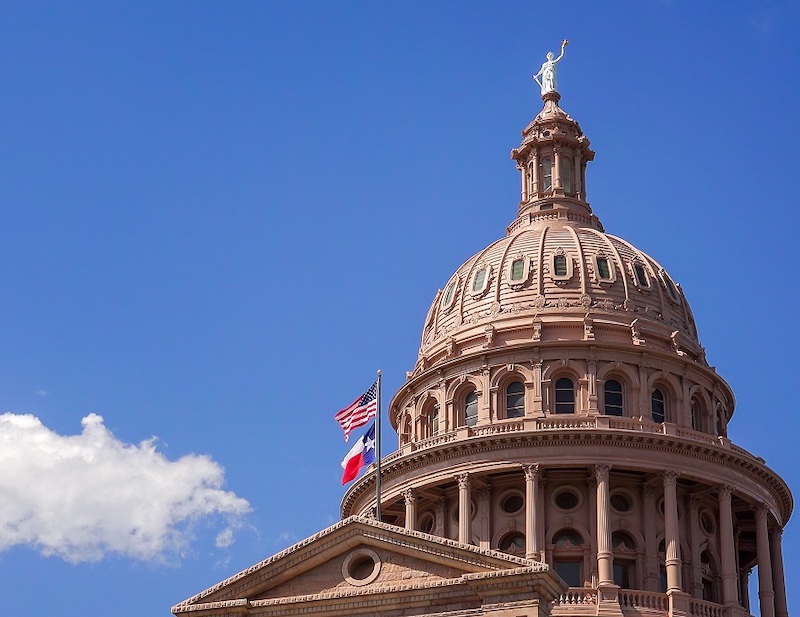Texas Sues EPA Over Methane Emission Rules for Oil and Gas Sector
(Reuters) — Texas sued the U.S. government over Environmental Protection Agency rules published on Friday, that crack down on the oil and gas industry's releases of methane, a potent greenhouse gas that contributes to climate change.
The lawsuit filed in the U.S. Circuit Court of Appeals for the D.C. Circuit challenges EPA rules first announced last year that seek to reduce methane emissions through measures like bans on routine flaring of natural gas produced at new oil wells.
Texas Attorney General Ken Paxton, a Republican, said the rules amount to regulatory overreach by the EPA, and usurp the role of states in establishing emission standards.
"The EPA is once again trying to seize regulatory authority that Congress has not granted,” Paxton said in a statement.
The EPA declined to comment.
Methane is a greenhouse gas that can leak into the atmosphere undetected from drill sites, gas pipelines and other oil and gas equipment. It has more warming potential than carbon dioxide and breaks down in the atmosphere faster, so reining in methane emissions can have a more immediate impact on limiting climate change.
The new rules ban routine flaring, require oil companies to monitor for leaks from well sites and compressor stations and establish a program to use third-party remote sensing to detect large methane releases from so-called "super emitters," the EPA said in a statement when it announced the rules.
The rules would prevent an estimated 58 million tons of methane from reaching the atmosphere between 2024 and 2038 - nearly the equivalent of all the carbon dioxide emissions from the power sector in the year 2021, according to the EPA.
Related News
Related News

- Enbridge Plans 86-Mile Pipeline Expansion, Bringing 850 Workers to Northern B.C.
- Intensity, Rainbow Energy to Build 344-Mile Gas Pipeline Across North Dakota
- U.S. Moves to Block Enterprise Products’ Exports to China Over Security Risk
- Strike Pioneers First-of-Its-Kind Pipe-in-Pipe Installation on Gulf Coast with Enbridge
- 208-Mile Mississippi-to-Alabama Gas Pipeline Moves Into FERC Review
- U.S. Pipeline Expansion to Add 99 Bcf/d, Mostly for LNG Export, Report Finds
- A Systematic Approach To Ensuring Pipeline Integrity
- 275-Mile Texas-to-Oklahoma Gas Pipeline Enters Open Season
- LNG Canada Start-Up Fails to Lift Gas Prices Amid Supply Glut
- Strike Pioneers First-of-Its-Kind Pipe-in-Pipe Installation on Gulf Coast with Enbridge





Comments